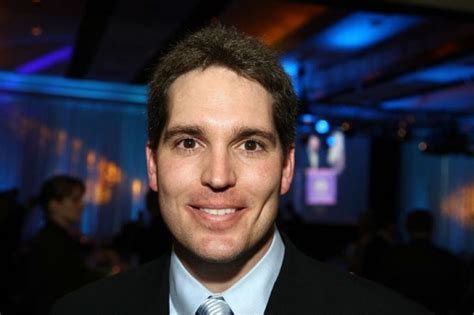A Quote by Terry Semel
Search, which is extremely important, represents about 5% of the page views on the Internet and 40% of the revenue. So, highly monetized.
Related Quotes
Search marketing, and most Internet marketing in fact, can be very threatening because there are no rules. There’s no safe haven. To do it right, you need to be willing to be wrong. But search marketing done right is all about being wrong. Experimentation is the only way. No one really knows whether that page will rank #1 in Google; no one really knows which paid search copy will get the highest click rate. Even experts can’t tell you which content will attract the most links. You just have to try it and see.
There is a small minority of well-educated people with relatively sensible views on economics, and an extremely tiny minority of economists with highly sensible views. Then there's everybody else. ... To win, a politician needs to please the median voter. It makes little difference if a few thousand economists think you a fool.
This is an extremely ambitious book. In addition to science and mathematics, Byers brings to bear insights from literature, philosophy, religion, history, anthropology, medicine, and psychology. The Blind Spot breaks new ground, and represents a major step forward in the philosophy of science. The book is also a page-turner, which is rare for this topic.
If we were a culture of high-risk alcoholics, and suddenly we had Jack Daniels piped into our houses, we would be feeding that fire. Social networking, and the internet as a whole, seems to have simply landed in an extremely fertile place in an extremely fertile time in history, when we all have these narcissistic tendencies anyway - you can go further back into the self-esteem movement, and Dr. Spock, and the 'everybody gets a ribbon at the track meet' sort of thing, which preceded the internet - and then you drop the internet into the middle of this, and we've all gone haywire.
A man is called affected, nowadays, if he dresses as he likes to dress. But in doing that he is acting in a perfectly natural manner. Affectation, in such matters, consists in dressing according to the views of one's neighbour, whose views, as they are the views of the majority, will probably be extremely stupid.
There's a sameness about American poetry that I don't
think represents the whole people. It represents a poetry
of the moment, a poetry of evasion, and I have problems
with this. I believe poetry has always been political, long
before poets had to deal with the page and white
space . . . it's natural.


































